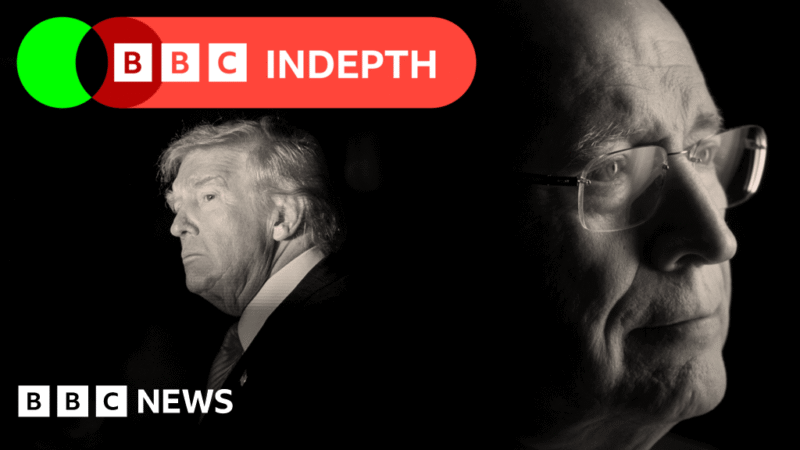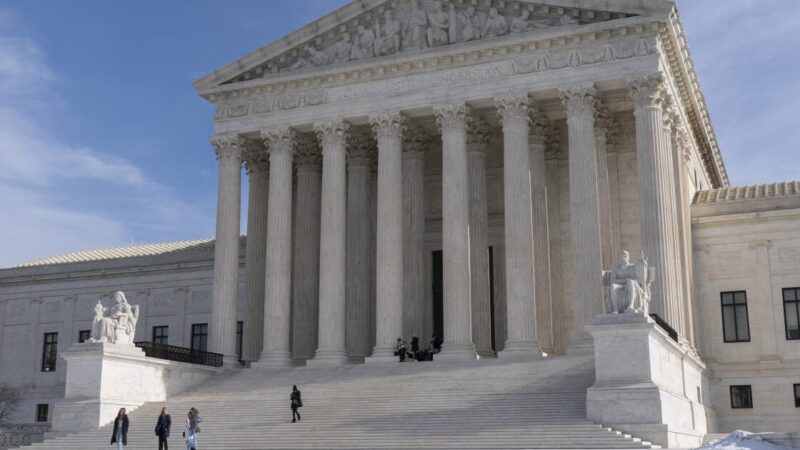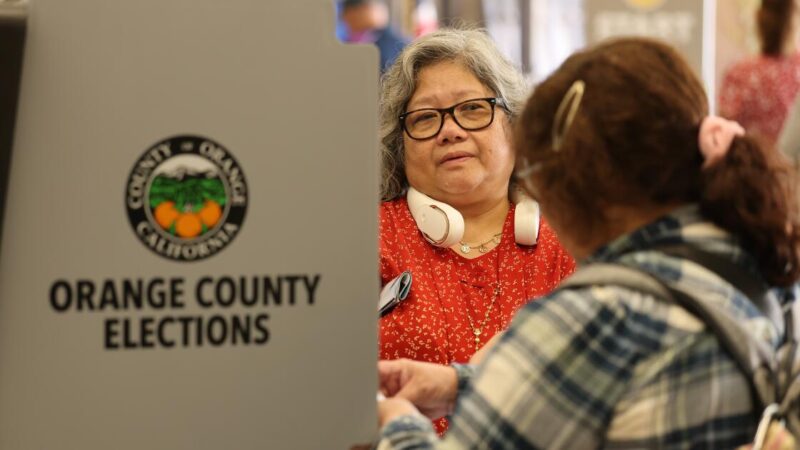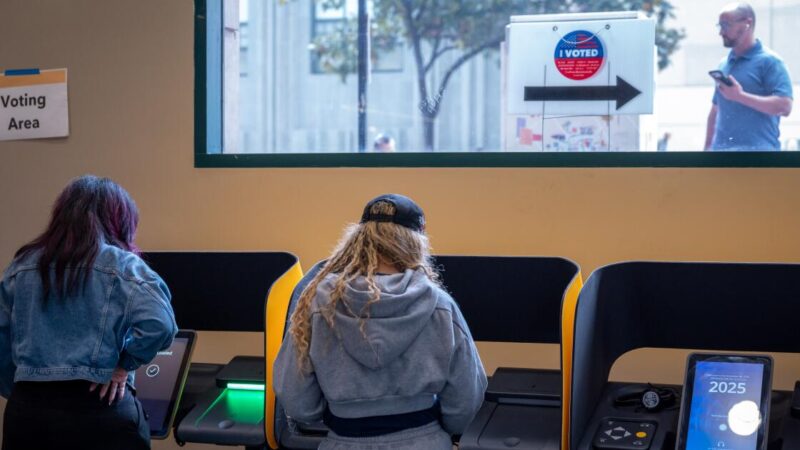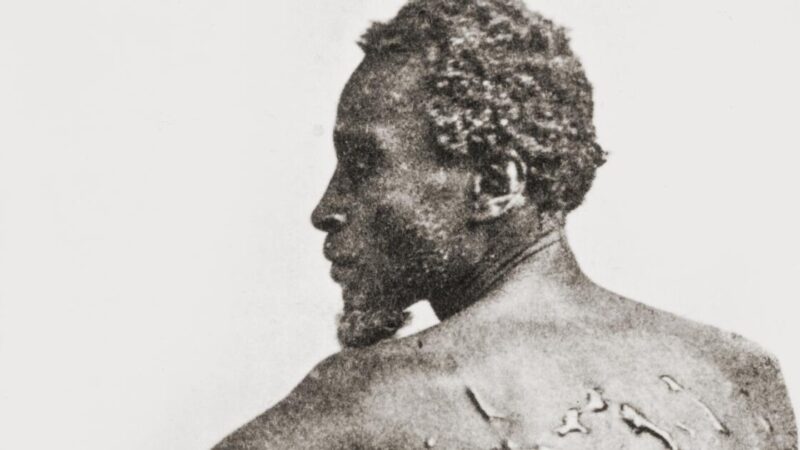Contributor: The key to checking Trump’s lawlessness is to discipline his lawyers
President Trump is testing the limits of law. Federal judges issue orders restraining him — on deportations, the use of military force or retaliatory lawsuits against political enemies such as James Comey and the press such as the New York Times — and he simply defies them. Lower courts continue to push back, but the pattern of disregard persists.
The focus of much of the discussion is on how to get Trump to stop this illegal behavior or alternatively, what to do if Trump disobeys the courts. For many this represents a constitutional crisis with many worried that judges, as the final bulwark of democracy and checks and balances, will run out of tools to limit presidential power. Moreover, while lower federal courts seem willing to stand up to the president, the Supreme Court, with three of his appointees, seems unwilling to resist.
The public debate has largely focused on Trump himself. But framing the problem this way overlooks a more practical and immediate lever of accountability.
The true weak point is not Trump directly, but the lawyers who enable him. Attorneys, including his attorney general, Pam Bondi, provide the professional expertise, legal arguments and courtroom presence that give his defiance the appearance of legitimacy. Without their involvement, presidential lawlessness would remain largely rhetorical or political. With their active participation, it becomes legalized defiance of court authority, cloaked in the very procedures designed to preserve the rule of law.
For more than two decades I have taught professional responsibility at three law schools. That class, required of every law student in America, instills a central lesson: A law license is conditional, not permanent, and misconduct can strip it away. Sanctions, suspensions and disbarment are the ultimate professional punishments, and they are enforced by state courts where attorneys are licensed. Not by federal authorities. This matters because presidential pardons do not reach state disciplinary proceedings.
Federal judges already have some tools, such as Rule 11 of the Federal Rules of Civil Procedure, which permits sanctions against lawyers who bring frivolous cases or mislead the court. Yet the greater authority lies with state disciplinary boards, operating under the ethical standards set by the American Bar Assn.’s Model Rules of Professional Conduct. These rules, adopted with little variation in nearly every state, provide the framework for attorney accountability across the country.
The rules most relevant to the Trump attorneys, including at the Department of Justice, are straightforward. Rule 3.1 prohibits bringing or defending nonmeritorious claims without a basis in law and fact. Rule 3.3 requires candor to the court, barring attorneys from knowingly making false statements or failing to correct them. Rule 3.4 prohibits concealing or falsifying evidence and knowingly disobeying court orders. Rule 3.5 restricts disruptive behavior, Rule 3.6 limits prejudicial public statements, and Rule 3.8 prohibits prosecutors from pursuing charges unsupported by probable cause. There are other applicable rules, but these provisions together represent the ethical backbone of American law practice.
The Trump legal team has repeatedly crossed these lines. Baseless claims of election fraud, retaliatory lawsuits against the press and prosecutions advanced on tenuous grounds all stand as textbook violations of these rules. This is not an abstract concern. The legal profession has already begun to discipline Trump’s most prominent attorneys. Rudolph W. Giuliani was suspended from the practice of law in New York and the District of Columbia (a matter on which I was consulted) for promoting demonstrably false claims about the 2020 election. John Eastman, the architect of the “fake elector” strategy, is facing disbarment proceedings in California for advancing legally unsupportable arguments designed to overturn the democratic process.
Attorneys are not beyond the reach of accountability. Their professional obligations are stricter than those of their clients, and their licenses can be revoked. When disciplinary bodies act, they not only punish individual misconduct but also deter others from weaponizing their legal training for unlawful ends. Restraining attorneys is a way to restrain their clients.
Federal judges, despite their frustration with Trump’s behavior, have been hesitant to fully exercise their referral powers. But they have the capacity to refer unethical conduct to state disciplinary bodies, shifting the focus from an intransigent president to the attorneys whose actions make his defiance possible.
This approach does not echo Shakespeare’s cynical call in “Henry VI” to “kill all the lawyers.” Rather, it reflects the recognition that a functioning democracy requires the legal profession to uphold higher standards of truth, candor and fairness. Attorneys cannot hide behind their clients’ political power or use their licenses as shields for misconduct. Their duty is to the rule of law itself, not to a particular officeholder. It is also a reminder that a powerful tool to curb the Trump administration’s legal excess has been underused. State boards should go after the attorneys who are enabling Trump’s behavior.
David Schultz is a professor of political science and legal studies at Hamline University. He has taught legal ethics in law school for more than 25 years.
